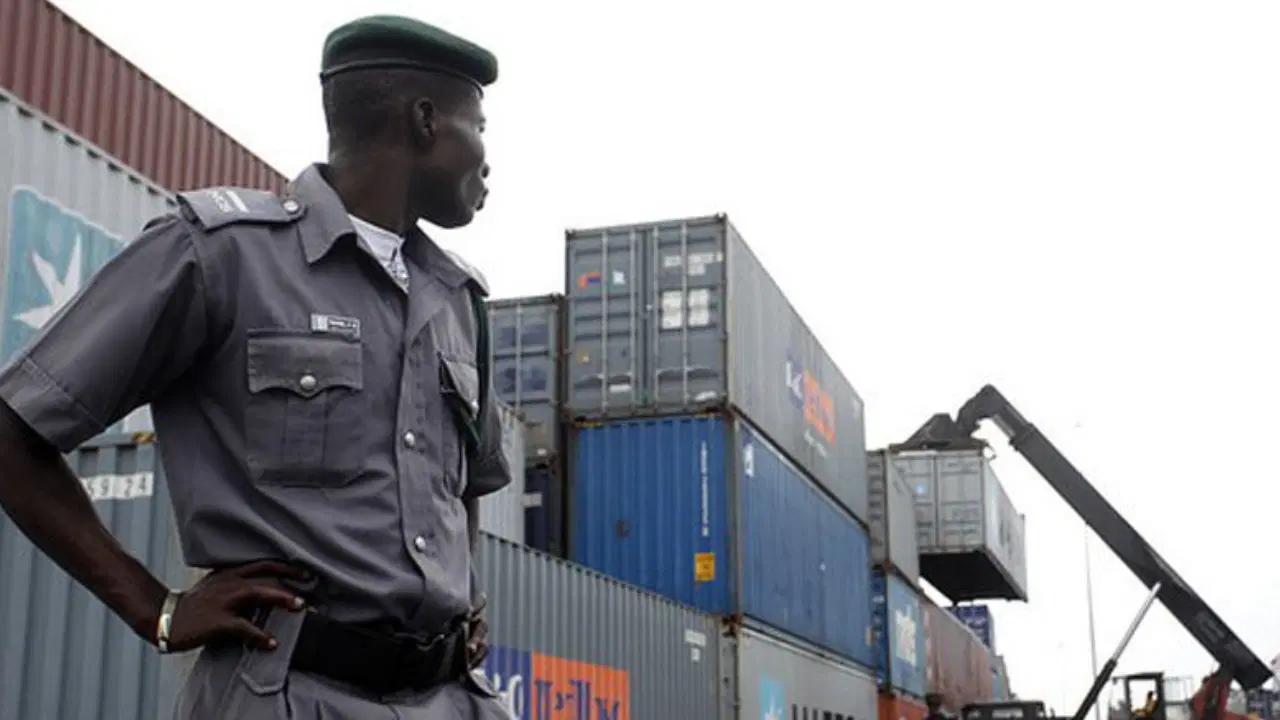The aspirations of low-income Nigerians for reduced food prices are facing significant obstacles as the zero import duty policy on essential food staples encounters fresh challenges. This initiative, designed to alleviate the burden of rising food costs, appears to be struggling due to a combination of lack of coordination, unclear directives, and persistent agronomic and infrastructural issues.
As inflation continues to surge, impacting the purchasing power of vulnerable citizens, the government’s objectives behind the policy are increasingly undermined. Since President Bola Tinubu took office in May 2023, Nigeria’s inflation rate has been on an upward trajectory, with the latest figures indicating a rise to 33.95% in May 2024, a stark increase from the 22.4% he inherited.
In response to escalating food prices, President Tinubu announced a 150-day duty-free import window for food commodities, hoping to curb food inflation. Despite this initiative, the inflation rate peaked at 34.19% in June 2024 before experiencing a slight decline in July (33.4%) and August (32.15%). However, in September, the rate rebounded to 32.7%, suggesting that the economic hardship for many Nigerians remains severe.
The findings from Financial Vanguard highlight that the anticipated benefits of the zero-duty imports are unlikely to materialize soon. The process of implementing this policy has been hampered by role conflicts among government agencies involved. A significant delay in issuing relevant directives from the Ministry of Finance has compounded the challenges, causing an initial two-month setback.
Additionally, the Nigeria Customs Service (NCS) revealed that the federal government stands to forgo ₦188.4 billion in revenue over the five-month duration of the duty waiver. This potential loss of revenue has caused unease within both the Ministry of Finance and the Federal Inland Revenue Service, further complicating the policy’s implementation.
As the situation unfolds, it is crucial for the Nigerian government to address these logistical and administrative challenges to ensure that the zero import duty policy effectively serves its purpose of alleviating food prices for the country’s most vulnerable populations. Without timely and coherent action, the hope for lower food prices may remain just that—a hope.

